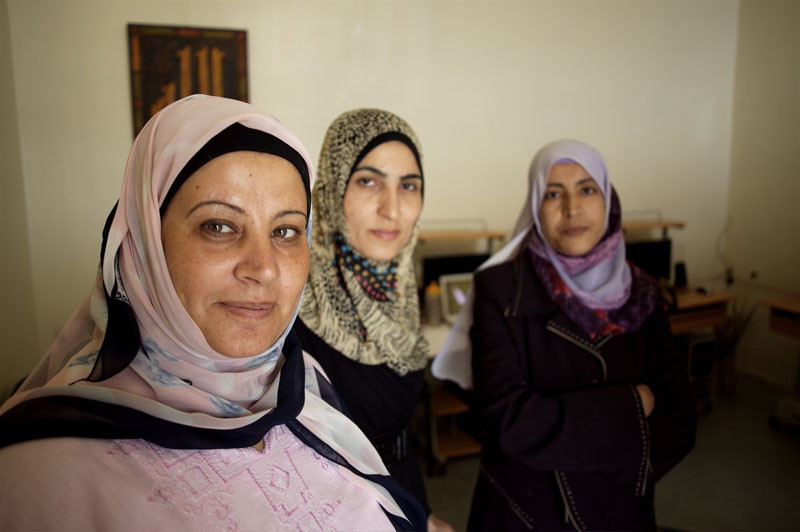Forging friendships across the world
University women’s group offers support to Lebanese refugees
The University of Winnipeg Womyn’s Centre is reaching out to a Lebanese refugee camp in the hopes of bringing solidarity and friendship to the lives of its displaced women.
The Womyn’s Centre sent a letter requesting to partner with a women’s centre in north Lebanon’s Nahr El Bared last month.
They are still awaiting a reply, but U of W Womyn’s Centre co-ordinator Katie Haig-Anderson remains optimistic.
“The collective is definitely interested in finding ways to support the women’s centre and the community in recovering,” she wrote in an e-mail.
The Nahr El Bared camp was involved in a violent altercation between Palestinian group Fatah al-Islam and the Lebanese army in the spring of 2007. The prolonged fighting destroyed approximately 95 per cent of the camp’s buildings and led to the displacement of an estimated 27,000 Palestinians.
“ We want to let the relationship develop organically.
Katie Haig-Anderson, Womyn’s Centre
The reconstruction of the destroyed camp has been continuously delayed since then, with international relief agencies providing most services in the camp.
The Womyn’s Centre found out about the plight of the camp’s women from United Nations Relief and Works Agency for Palestinian Refugees in the Near East (UNRWA) intern and former U of W student Rachel Reimer-Vandenberg, who was stationed in it, as well as eight other Palestinian refugee camps in Lebanon, from August to November 2008.
Her idea for partnership between women’s centres inspired the university collective to form an international bond.
“The friendship that is developing is completely necessary and valuable,” Reimer-Vandenberg wrote in an e-mail. “The two centres represent, in my mind, an action of solidarity and a learning opportunity for both sides.”
Upon hearing of the camp, Haig-Anderson felt compelled to take action, but notes the relationship with Nahr El Bared has really just begun.
“We do not have concrete plans for what to do next, as we want to let the relationship to develop organically… We figured a letter would be a good place to start.”
Haig-Anderson said that despite the struggles Nahr El Bared is facing, it is inspiring the community.
Reimer-Vandenberg stresses that although the two women’s centres have separate sets of values and purposes, the bond is still integral for the creation of a safe space for dialogue.
“For peace to become a tangible reality, their struggles must become our struggles,” she wrote.
Reimer-Vandenberg wrote about the living situation for Palestinian refugees in Lebanon in Issue 14 of The Uniter. To get involved with the Womyn’s Centre’s efforts to lend support, call 786-9788 or e-mail womynsctr [at] theuwsa.ca.
Published in Volume 63, Number 16 of The Uniter (January 15, 2009)







